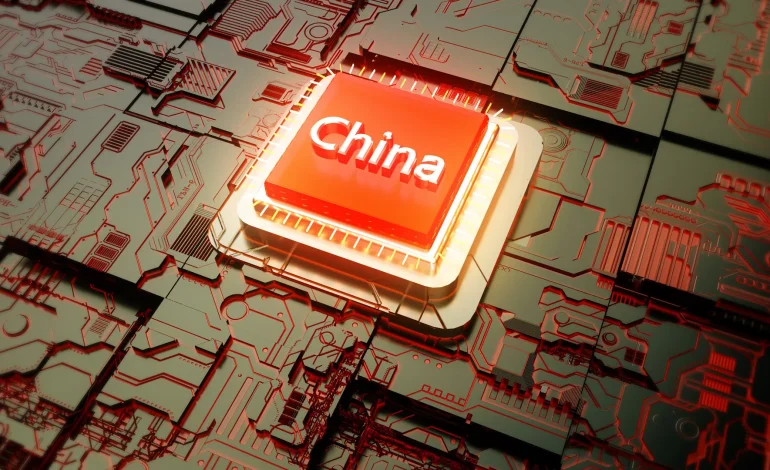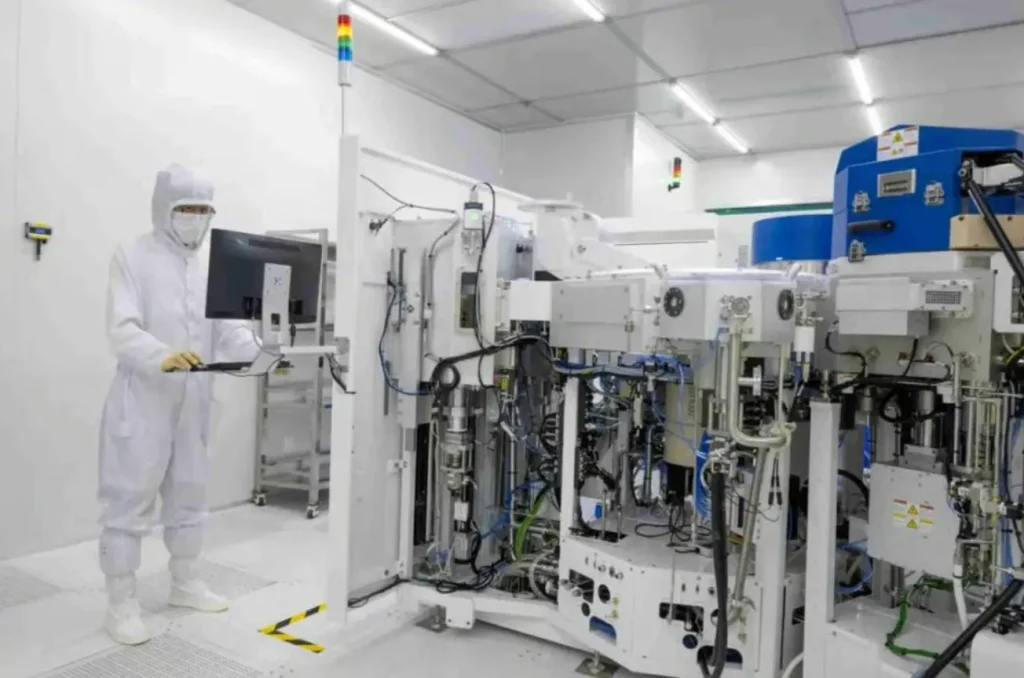China’s AI Push: New Policies Boost Local Chip Innovation

Introduction
China has unveiled a series of policies aimed at strengthening domestic AI chip development, signaling renewed government support for high-tech innovation. The measures include increased R&D funding, tax incentives, and streamlined regulatory approvals for local semiconductor firms. Analysts note that these initiatives are designed to reduce reliance on foreign technology while accelerating AI adoption across industry, finance, and public services.
Policy Background and Context
In September 2025, China’s Ministry of Industry and Information Technology released a comprehensive AI chip policy package, emphasizing research funding, talent cultivation, and startup support. The plan targets both high-performance processors for data centers and specialized AI accelerators for edge computing. According to Caixin, the government has earmarked approximately $5.5 billion in grants and subsidies for domestic chip firms this fiscal year.
State-backed initiatives are complemented by private sector collaboration. Companies such as SMIC, Huawei, and Alibaba are partnering with universities and research institutes to design next-generation neural network accelerators. The policy also simplifies administrative procedures, allowing qualified firms to access funding, tax breaks, and testing facilities more efficiently. Analysts suggest that by lowering entry barriers, the policy encourages more startups to enter the AI chip ecosystem.

Impact on Markets and Industry
The policy’s market impact is evident in venture funding and corporate planning. According to Nikkei Asia, AI chip startups in China raised $1.2 billion in venture capital in the first half of 2025, a 15% increase year-on-year. Publicly traded semiconductor firms such as SMIC reported a 12% increase in domestic orders following the announcement, reflecting investor optimism and industry confidence.
Beyond financial metrics, the policy encourages technological diversification. AI chips optimized for smart manufacturing, autonomous vehicles, and cloud computing reduce reliance on imported components, enhancing supply chain resilience. Analysts note that this could shift global chip markets, as Chinese firms begin to compete more directly with U.S. and European manufacturers in high-end AI processor segments.
Expert Views and Industry Insights
Experts emphasize the long-term strategic implications of the policy. Dr. Li Wei, a semiconductor analyst at the China Academy of Information and Communications Technology, notes that “these measures will accelerate domestic innovation and ensure China remains competitive in AI hardware.” Industry executives highlight the importance of coordinated support, stating that funding, talent pipelines, and intellectual property protection are critical for sustaining growth.
Startups are particularly optimistic. Jiangsu-based Horizon Semiconductor, which designs AI accelerators for robotics and healthcare applications, reported that the new policy reduces approval time for prototype testing from six months to three months. Analysts suggest that faster validation cycles allow firms to iterate more rapidly, increasing the pace of innovation in China’s AI ecosystem.

Global Implications
China’s policy push has caught the attention of international markets. Investors and multinational firms are closely monitoring how the government’s support influences AI chip competitiveness. Reuters reports that cross-border collaborations in AI hardware are expected to increase, particularly in Southeast Asia, where Chinese-designed chips are already being integrated into smart city and logistics projects.
The global semiconductor supply chain may also adjust to China’s growing capabilities. As domestic production of AI chips expands, reliance on imported processors may decline, potentially impacting U.S. and European export volumes. Analysts note that countries dependent on Chinese chips for AI-enabled industrial applications will need to account for changing supply dynamics, while international investors may explore partnerships with Chinese startups for access to cutting-edge AI technology.
RMBT Integration in Fintech
While the policy focuses on technology, AI chips designed for fintech applications such as algorithmic trading, secure payment processing, or AI-driven risk assessment could support platforms like RMBT. Programmable finance platforms can leverage AI-powered analytics for automated compliance, real-time transaction monitoring, and smart contract execution. This indirect connection highlights how domestic chip innovation may also bolster fintech infrastructure.
Data Point
According to Caixin, China’s AI chip venture capital funding reached $1.2 billion in H1 2025, up 15% from H1 2024. A chart mapping quarterly funding over the past eight quarters shows a consistent upward trend, particularly following policy announcements in Q1 and Q3 2025. This indicates that regulatory clarity and financial support directly influence investment confidence in the AI chip sector.
Conclusion
China’s AI chip policy represents a strategic effort to accelerate domestic innovation, strengthen supply chains, and compete globally in high-performance AI hardware. With clear government support, streamlined procedures, and targeted funding, both established firms and startups are positioned to scale operations and introduce next-generation AI processors. Analysts predict that this policy will not only boost China’s technological sovereignty but also influence global markets, trade partnerships, and investment strategies in AI-driven industries.




